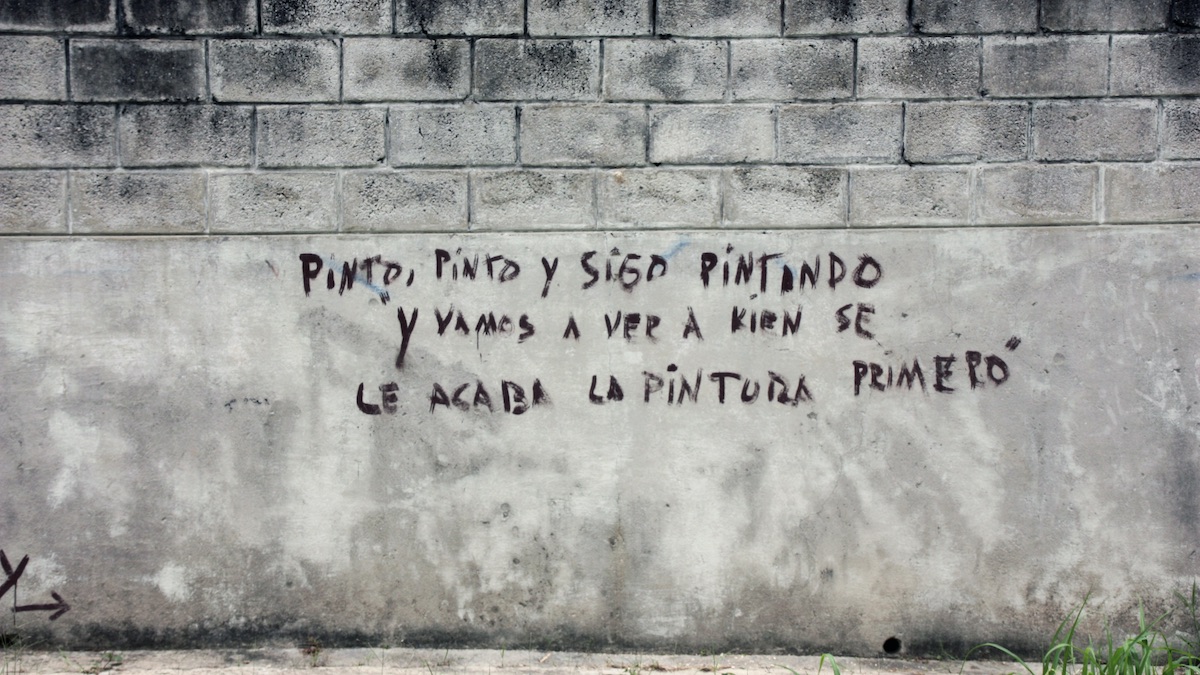"The world is something different," someone told me 30 years ago in the kitchen of my house in Havana. He had returned from seeing his brother in New Jersey, in the United States. He was no intellectual, but rather an upright farm worker endowed with a natural wisdom. The world, he repeated several times, is not how they imagine and portray it here. One of us asked him why he said that. He was silent for a few seconds, and said: "people in Cuba continue to believe that the world hasn't changed, that everything's remained the same, and that's not true."
Those were the years after the fall of the Berlin Wall, and, with it, all the Communist dictatorships of Eastern Europe. Real Marxist-Leninist socialism, with a centralized economy and a single party, was dying of productive and ideological starvation. The so-called "Special Period" was beginning on the island, in a time of peace.
Many, including him, planned to sell what little they had left and head for the cold Garden State, as New Jersey is also known, without speaking English, but with the certainty that a different world was out there; he was not going to be trapped in another "special period" like in 1970, when he had to sell everything, even his goat, because he had nowhere to tie it up.
In recent times I have asked myself, after reading the regime’s official paper, what lies behind its insistence on keeping its readers captive, mentally trapped in the years prior to the collapse of the Communist bloc, the end of the Cold War, the criminal Chernobyl scandal, and the Tiananmen massacre.
After reading the paper, overflowing with agitation and propaganda, one feels almost as if time were frozen in Cuba: the same slogans, the same harassment of those who think differently, imperialism as the source of all evils, the same promises and rants, always pointing to a horizon the people are supposed to keep walking towards, an imaginary line that is never reached.
It would have the reader believe that Russia and China are still Communist countries, even though the Asians have maintained the "popular" name for years to dissimulate a booming market economy. The Russians are still portrayed as a power that rivals the USA, despite the fact that it is actually the world's 11th economy, behind countries like France, Italy and India. The GDP of Texas is greater than that of the entire Russian Federation. If the State of California were a country, it would have the 6th largest economy in the world.
The reliant reader is sold the idea that the Latin American countries of "21st-century socialism" are democratic and economically successful revolutions. This, when today Venezuela is the fourth poorest country in the Americas, above only Haiti, Honduras and Nicaragua. And sanctions have nothing to do with it: the downward spiral began in the days of Chávez, when he scared off investors and nationalized thousands of companies. In addition to depicting both revolutions as quasi socialist to sell the ideal of the Castro model, they represent these governments as legitimate, even though they are sustained by fraud, corruption and the suppression of their political opponents.
Africa, for the everyday Cuban, continues to be the Angola and Ethiopia of disease, misery and war that took the lives of thousands of young Cubans. Today Angola has the continent's fifth highest GDP; Ethiopia, its seventh. Africa is still the world's poorest continent. Nevertheless, it is attracting more investors, because it now has more stable governments, and the population is better educated. No African country is socialist; not even those where so much Cuban blood was spilled.
The world has continued, despite its trips and stumbles, to move forward. Some things are bad, very bad, but others are good, very good - but the average Cuban is all but oblivious to the latter. The idea that the world is very, very bad, has been sown in Cubans' minds for two reasons: one, to make them believe that the planned economy and one-party model is the productive and political solution for the future of the planet; two, to suggest that the island's leaders have never been and will never be wrong. They, who, together with their fellow comrades in Korea, represent barely 0.0001% of the world's population, claim to be the only ones who have it right.
The world turns, it does not stop. But the Copernican thesis does not apply in Cuba. In the world there are wars, natural disasters, epidemics, hunger. Yet humanity persists, it does not become socialist - those who did already paid a high price. They have learned that the worst thing would be to return to a more or less feudal stage called socialism. Marx is today a full-fledged heretic: social practice on the island is not a criterion of truth. In the same way, to borrow from John Lennon, we might say that the world is what is happening while Cuba continues to make the same old plans.
